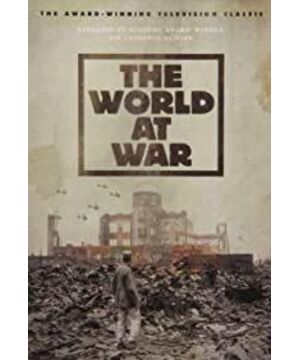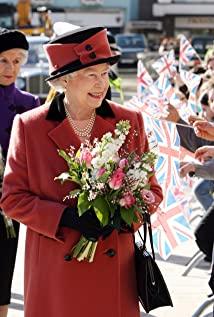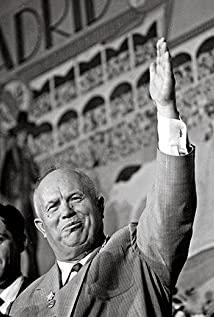Sudetenland is a unique historical name that refers to the area in Czechoslovakia that was inhabited by German-speaking inhabitants adjacent to Germany during the First and Second World Wars.
With the Sudeten as the theme, Nazi Germany challenged the European pattern after the First World War. After the Munich Conference, Czechoslovakia was forced to allow Nazi Germany to occupy the site with the compromise and agreement of Britain and France. This only fueled Hitler's ambitions to invade Central Europe. Finally, Germany invaded Poland in 1939, causing World War II. In 1945, Germany was defeated, the Sudetenland was returned to Czechoslovakia, and millions of German-speaking residents were expelled to Germany.
[Munich Conference]
British Prime Minister Chamberlain, French Prime Minister Daladier, Nazi Germany Fuhrer Hitler and Italian Prime Minister Mussolini held a four-nation summit meeting in Munich, Germany on the ceding of the Sudetenland territory of the German-inhabited area of Czechoslovakia to Germany.
Facing the expansion ambitions of Nazi Germany, the British and French governments implemented a policy of appeasement, attempting to sacrifice the Czech national interests and lead the spearhead of German aggression to the east, in order to ease the conflict with Germany and maintain their own security. To this end, British Prime Minister Chamberlain agreed to cede the Sudetenland to Germany after talks with Hitler, while French Prime Minister Daladier agreed with Britain. On September 19, 1938, Britain and France jointly sent a note to the Czech government, suppressing the Czech government's acceptance of Germany's unreasonable request for the ceding of the Sudeten region, and the Czech government was forced to accept it. On September 22, Chamberlain informed Hitler of this situation, and Hitler put forward more stringent territorial requirements for Czechoslovakia. The Czech government flatly refused, and Hitler escalated the blackmail of the war. On September 29, Chamberlain, Daladier, Hitler and Italian Prime Minister Mussolini held a summit meeting of the four countries in Munich, Germany, and signed the "Agreement between Germany, the United Kingdom, France and Italy" at 1 am on the 30th Munich Agreement. On the same day, the Czech government was forced to accept the agreement under the strong pressure of Britain and France;
[appeasement policy]
appeasement policy, a policy of not resisting aggression, accommodating connivance, yielding, and colluding with the aggressor at the expense of other countries. compromise policy.
Before World War II, the most active promoters of this policy were Britain, France, the United States and other countries. Before the 1930s, appeasement was mainly manifested in propping up a defeated Germany, supporting Japan as a barrier against the Soviet Union, and suppressing the people's revolution. This can be seen from the Versailles system and the Washington system. In the Dawes plan, the Young plan, and the Locarno Convention, it is more specific. The Munich conspiracy pushed the “appeasement” to its peak. "Appeasement" has become a way of appeasement.
The strategy adopted by Britain and France to maintain their hegemony under the condition of their declining power. Britain suffered heavy losses in World War I, and the post-war economic recovery was very slow. In the 1920s and 1930s, successive British governments focused their energy on solving economic problems, regarded rearmament as an obstacle to economic recovery, and attempted to maintain their hegemony with a foreign policy that lacked strength as a backing. Due to France's proximity to Germany, after the First World War, it maintained armaments and implemented a tough policy toward Germany. But the French economy has been in recession. During the relatively stable period, development was limited, the economic crisis in the 1930s lasted for a long time, and the economic situation was very severe. At the same time, the political situation in France is also unstable, and the cabinet changes frequently, making it difficult to maintain firmness and continuity in foreign policy.
In short, the decline of Britain and France is the material background for its appeasement policy.
In the "September 18 Incident" in 1931, the Nationalist Government tolerated Japan's invasion of Northeast China
[Crystal Night]
refers to the incident in which the Hitler Youth, the Gestapo and the SS attacked Jews in Germany and Austria in the early morning of November 9 to 10, 1938 . The events of "Crystal Night" marked the beginning of the Nazi organized massacre of Jews.
View more about The World at War reviews











